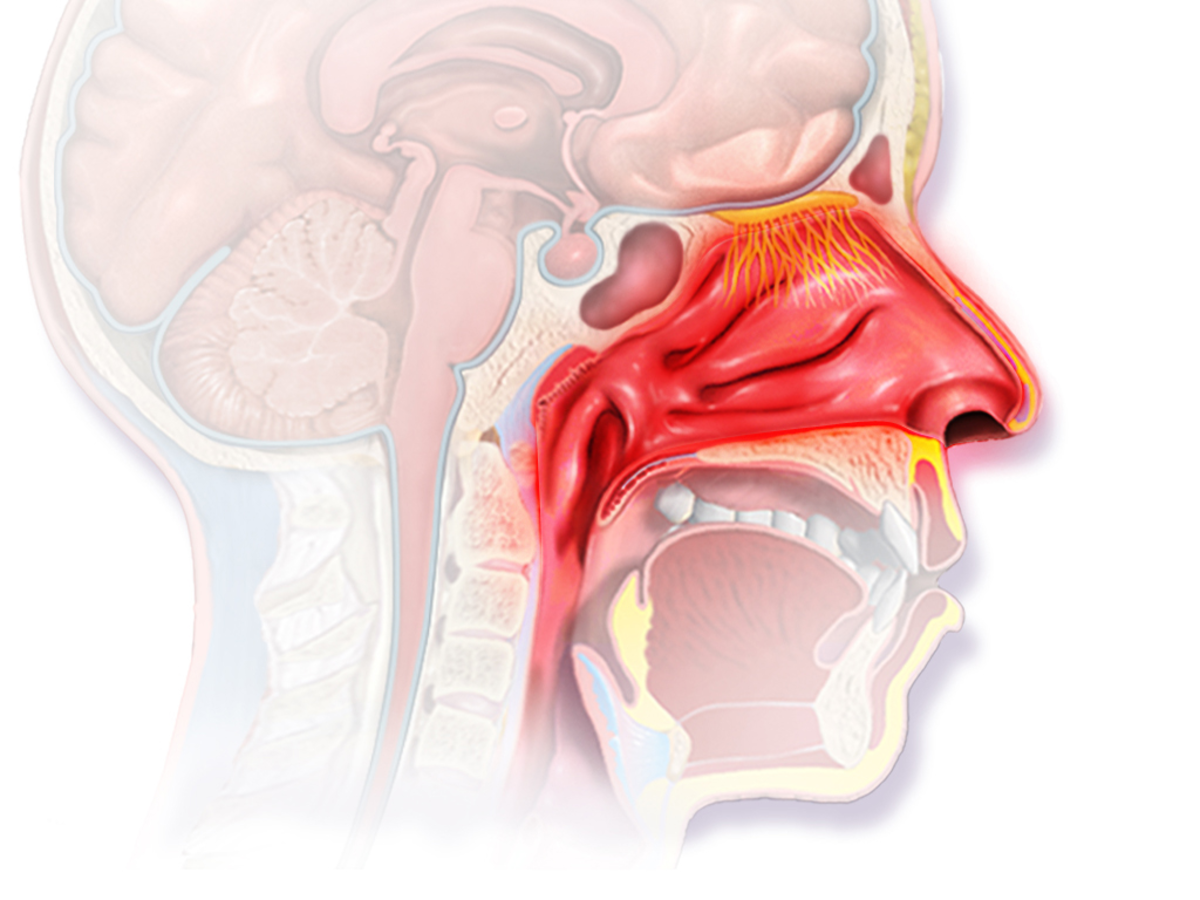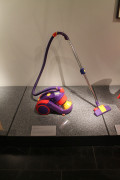Allergic and Non-Allergic Rhinitis, Hay Fever and Allergies on the Rise
Can't stop sneezing?
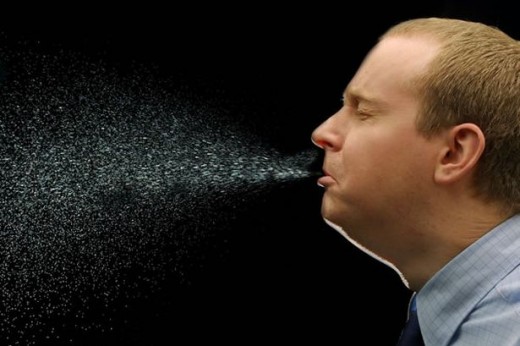
Living with Rhinitis or an Allergy?
I don't know about you but rhinitis (hay fever or chemical sensitivities) can really ruin my day...week...month. It causes me to have headaches, lose sleep, be tired at work and grumpy at home.
Sometimes I'm not sure if the hay fever is worse or the medications you can buy for relief.
The medications only ever take away the symptoms. The symptoms seem to increase with time and exposure. It is up to the sufferer alone to find the cause and take action to reduce exposure. This can be hard if you like leaving your house and connecting with the world, traveling and communing with nature and animals. I mean who wants to live in a bubble, right?
With rhinitis on the rise many more of us are getting caught in the dreadful cycle of increasingly relying on anti-histamines and decongestant nasal sprays trying to keep ourselves safe from pollens, dust, perfumes, parabens, phthalates or whatever the irritant or allegen is.
But do we really want to live like that? I know I don't.

What is Rhinitis?
Rhinitis is “an inflammation of the nose and is characterised by nasal symptoms including anterior or posterior rhinorrhea (runny nose), sneezing, nasal blockage and/or itching of the nose”. Rhinitis “can affect sleep, mental and voluntary motor function and participation in social activities” (Australian Institute of Health and Welfare).
Hay Fever - sore itchy eyes & nose, sore throat, sneezing, headache, runny nose

Hey Fever is only 200 Years Old
According to Case Adams PhD (cited below), the term 'hay fever' was coined in the 1800s. Prior to the 1800s there are few reported instances of hay fever as we know it in history.
Adams also points out that hay fever and/or allergies is not something that wild animals suffer from generally. Some domesticated animals do develop allergy conditions but generally it is humans who get hay fever.
Got the sneezes?
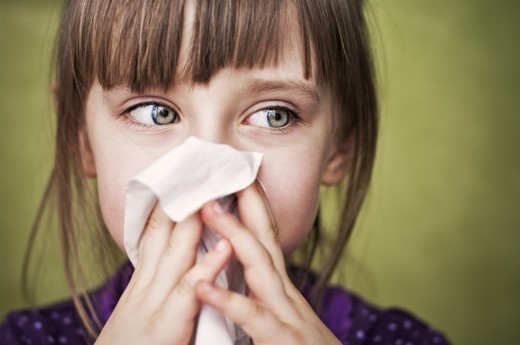
Types of Rhinitis
There are several different types of rhinitis but for the most part it comes down to the two main conditions of allergic rhinitis and non-allergic rhinitis.
The allergic type is hay fever and the non-allergic type is basically every other type!
A Doctor's Presentation of Hay Fever
Allergic Rhinitis Allergens and Symptoms
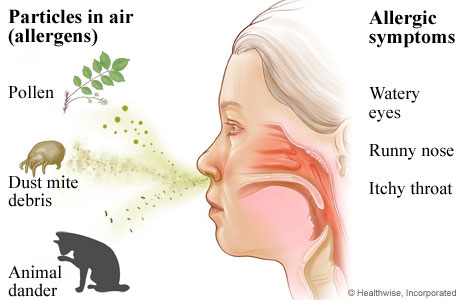
Hay Fever/Allergic Rhinitis
Simply, allergic rhinitis is a reaction to ‘allergens’, usually pollens, dust, animal fur, saliva and moulds among other things.
When the body comes into contact with the allergens, it reacts by creating antibodies which cause irritation and inflammation to the cells lining the nose, throat and eyes. Some allergens are seasonal such as various pollens and some are perennial such as dust mites and animal fur.
Pollens are the main culprits which is why most hay fever is seasonal.
Hay Fever Facts
- Worldwide, roughly between 10% and 30% of people suffer from allergic rhinitis.
- 15% of the Australian population suffers from allergic rhinitis.
- In Australia, more women than men have it, and most people who have it, get it by the age of 25.
- In the USA, roughly 7.8% of adults and 10% of children had allergic rhinitis in 2010.
- Some have said that as much as 25% of the US population suffers from hay fever.
- White children are more likely to have hay fever than black children in the USA.
- In the UK, roughly 20% of the population suffers from hay fever, increasing at a rate of 5% per annum.
- Diagnosed allergic rhinitis in children and adults in the UK has trebled over the last three decades.
Hay Fever Information and Advice
Pollution from Chinese Plastics Factory

Non-Allergic Rhinitis - Allergy to perfumes?
Non-allergic rhinitis seems to be made up of various types of rhinitis grouped together because they are not stimulated by an allergen. This is confusing because one of the types that falls under this heading is vasomotor rhinitis, which is caused by exposure to irritants.
The symptoms are generally the same as hay fever, only all year around, not just seasonally.
The American Academy of Family Physicians (AAFP) has published an informative paper about non-allergic rhinitis. According to the paper, there is a lot of controversy about diagnosing non-allergic. They think there is not enough consistent information for doctors to be able to diagnose effectively at times. They say it is hard to figure out if a patient has allergic, non-allergic or both types of rhinitis.
Some say that non-allergic rhinitis is caused by exposure to irritants including chemicals. Triggers can include chemical irritants, perfumes, paint fumes, smoke, pollution and changes in humidity, a drop in temperature, alcohol, certain foods and even mental stress.
Other things that can give you rhinitis include:
- a cold or flu or just having dry mucous membranes
- nasal surgery or trauma
- medications
- Some medical conditions that affect hormone balance, such as hyperthyroidism, can lead to rhinitis
Non-Allergic Rhinitis
Common Household Chemicals
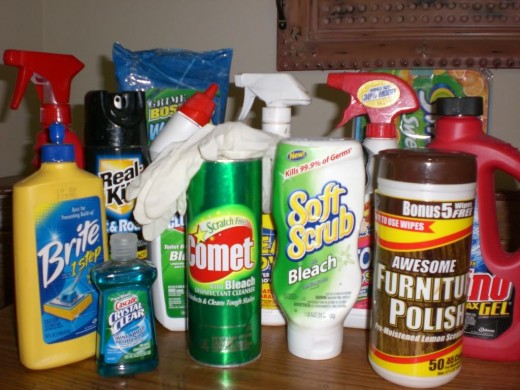
Non-Allergic Rhinitis Facts
Statistics about the prevalence of non-allergic types of rhinitis are difficult to get. Possibly because of a lack of studies in this area, and the difficulties that many doctors seems to have in differentiating hay fever from some of the non-allergic rhinitis types.
Some doctors are willing to make assertions though, saying that non-allergic rhinitis is suffered by up to 23% of the general population.
It is more likely to be women that suffer than men, it comes on later in life and there is often no family history of allergies.
Scarier still is that you can have both types, not just one. In fact, significant proportions of the population do have both allergic and non-allergic rhinitis.
Whatever the true story, the numbers of people suffering from rhinitis in general is alarming and rising.
Arctic Sea Ice at Lowest Ever Recorded Level
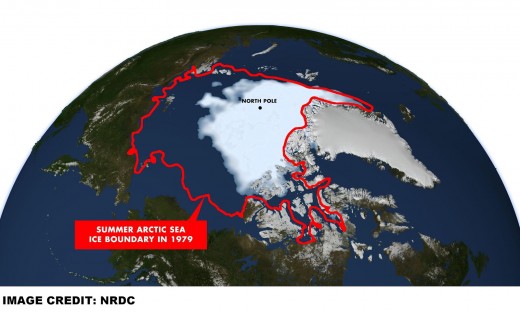
Why is Rhinitis on the Rise?
Some say that global warming is the main culprit. Ice caps are melting and vastly more areas of vegetation are being uncovered leading to huge increases in pollen.
Others say that the enormous reliance people have on plastics, household chemical agents (cleaning things and personal care items), preservatives and food additives is making people generally more sensitive.
Still others say that the increase in global emissions, particularly diesel fumes which bind with naturally occurring pollen and dust are the culprits.
All I know for sure is that it is getting worse every year.
Do you Suffer from Hay Fever or Allergies?
Do you suffer from hay fever or other allergies?
Rhinitis Quiz
view quiz statisticsLinks
- A Day in the Life of a Parking Inspector
So you want to be a Parking Inspector? Do you like to enforce the law? Are you able to cop loads of abuse? Read on for a snapshot of my experience as a parking inspector. - Why Does Coffee Make You Fat?
New research shows that the chlorogenic acid in coffee can lead to obesity if you drink more than 5 cups of coffee per day. You may also be at risk of diabetes if you drink more than 5 cups per day. - MERS - The New SARS - Travel Warning
A deadly new virus has emerged in the Middle East, killing 22 of the 41 people infected so far. Health organisations hold grave fears the new virus could travel across the world. - Sleep, Circadian Rhythms and Caffeine
Ever wondered what it is that regulates our sleep patterns? What is all that tea and coffee is doing to us? Why do so many people have so much trouble getting to sleep? - Whippet Dogs
Elegant, affectionate, laid-back, child friendly, low care and medium sized, whippet dogs are also the best killers of small animals I have ever seen. No rats or mice in my yard or home! - The Lithuanian Holocaust - The Extermination of the ...
Pre-war Lithuania was home to up to 250,000 Jewish people and was a prodigious hub of Jewish learning. The capital of Lithuania, Vilnius, was referred to as the Jerusalem of the North. By 1942 only approximately 43,000 Lithuanian Jews were left alive - My 10 Favorite Julius Caesar Quotes
Caesar was both the epitome of a Roman noble and an extremely atypical man of his times. A paradox. He was a brilliant man, a talented and ruthless politician and a military genius. Caesar was a gifted writer, orator and lawyer.
Sources
- "Allergic rhinitis (hay-fever) in Australia”, Australian Institute of Health and Welfare, Canberra, November 2011: http://www.aihw.gov.au/WorkArea/DownloadAsset.aspx?id=10737420519 (Accessed 20 June 2013).
- “Hay Fever and Allergic Rhinitis” Allergy UK: http://www.allergyuk.org/hayfever-and-allergic-rhinitis/hay-fever-and-allergic-rhinitis (accessed 21 June 2013).
- “Allergy Statistics”, American Academy of Allergy, Asthma & Immunology: http://www.aaaai.org/about-the-aaaai/newsroom/allergy-statistics.aspx (accessed 20 June 2013).
- Rigel Corporation press Release, 2003: http://www.rigel.com/rigel/pr_1058571759 (accessed 20 June 2013).
- "Diagnosing Rhinitis: Allergic v Non-Allergic”, Quillen & Feller, (1 May 2006), American Academy of Family Physicians: http://www.aafp.org/afp/2006/0501/p1583.html (accessed 21 June 2013)
- “What is non-allergic rhinitis? What causes non-allergic rhinitis?”, Medical News Today: http://www.medicalnewstoday.com/articles/177085.php (accessed 21 June 2013)
- “Non-Allergic Rhinitis”, Web MD: http://www.webmd.com/allergies/nonallergic-rhinitis (accessed 21 June 2013).
- "Hay Fever and Allergies: Discovering the Real Culprits and Natural Solutions for Reversing Allergic Rhinitis", Case Adams PhD, June 20 2011, Amazon Kindle Books



